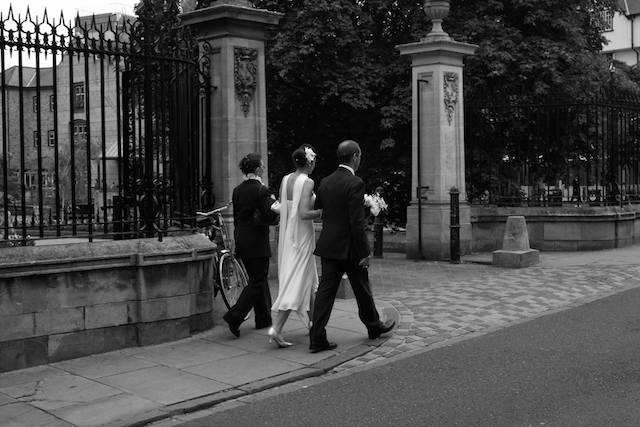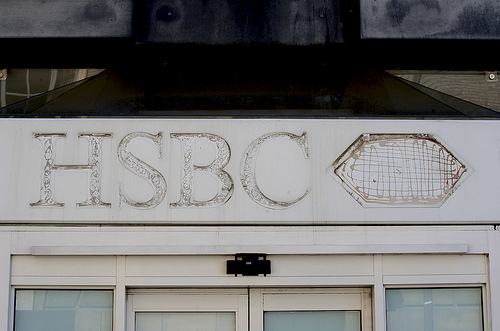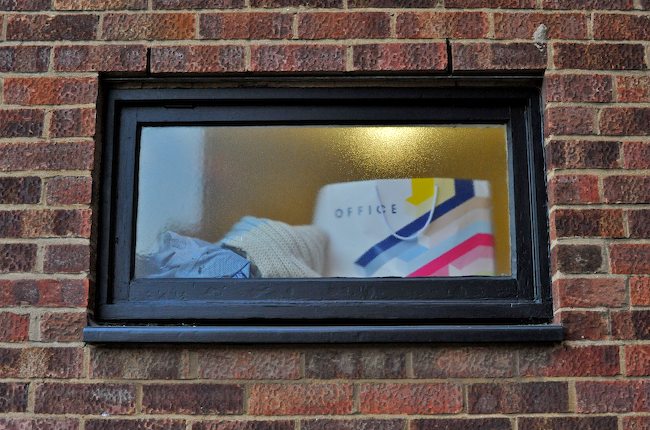This morning’s Observer column.
If you’re not worried, you have not been paying attention. Almost without realising it, our societies have become hugely dependent on a functioning, reliable internet. Life would go on without it, but most people would be shocked by how difficult much of the routine business of living would become. It would be like being teleported back to the 1970s. Even a minor conflict could slow the global internet to a crawl. So cyberwar is a bit like nuclear war, in that even a minor outbreak threatens everyone’s life and welfare.
In those circumstances, isn’t it time we thought about devising treaties to regulate it? We need something analogous to the 1925 Geneva Protocol to the Hague Convention, which prohibited chemical and biological weapons. And we need to start now.
UPDATE: Interesting to see that this is also the lead story in today’s New York Times .
The United States and Russia are locked in a fundamental dispute over how to counter the growing threat of cyberwar attacks that could wreak havoc on computer systems and the Internet.
Both nations agree that cyberspace is an emerging battleground. The two sides are expected to address the subject when President Obama visits Russia next week and at the General Assembly of the United Nations in November, according to a senior State Department official.
But there the agreement ends.
Russia favors an international treaty along the lines of those negotiated for chemical weapons and has pushed for that approach at a series of meetings this year and in public statements by a high-ranking official.
The United States argues that a treaty is unnecessary. It instead advocates improved cooperation among international law enforcement groups. If these groups cooperate to make cyberspace more secure against criminal intrusions, their work will also make cyberspace more secure against military campaigns, American officials say.
“We really believe it’s defense, defense, defense,” said the State Department official, who asked not to be identified because authorization had not been given to speak on the record. “They want to constrain offense. We needed to be able to criminalize these horrible 50,000 attacks we were getting a day.”
Any agreement on cyberspace presents special difficulties because the matter touches on issues like censorship of the Internet, sovereignty and rogue actors who might not be subject to a treaty.
United States officials say the disagreement over approach has hindered international law enforcement cooperation, particularly given that a significant proportion of the attacks against American government targets are coming from China and Russia.
And from the Russian perspective, the absence of a treaty is permitting a kind of arms race with potentially dangerous consequences.




